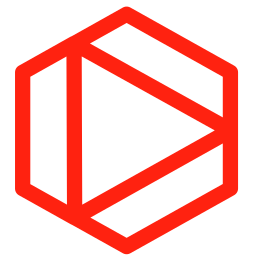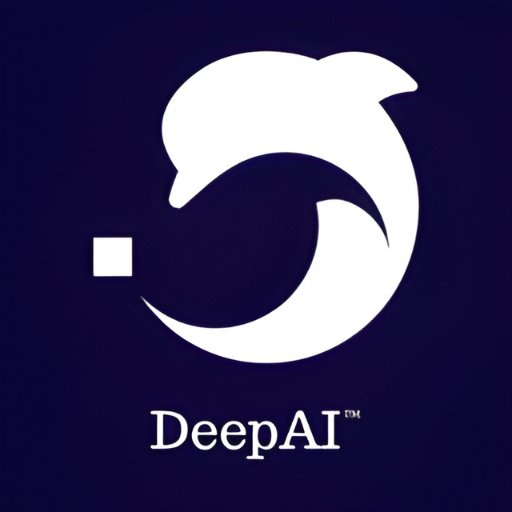
What is OpenAI Codex?
OpenAI Codex is a machine learning model and a set of tools built on it. Initially, it was the foundation for tools like GitHub Copilot, but its capabilities have since expanded. It’s now a sophisticated AI agent that goes beyond simple code suggestions. Codex can understand and act on a developer’s codebase, performing a wide range of tasks from generating new features and fixing bugs to running tests and proposing pull requests. It operates in a secure, sandboxed cloud environment, ensuring that code execution is safe and verifiable.
Key Features
- Advanced Code Generation: It can generate code from natural language prompts, creating new functions, test cases, or entire files.
- Codebase-Aware Agent: Codex doesn’t just work on single files; it understands the entire context of your repository, allowing it to make more intelligent and relevant changes.
- Automated Bug Fixing and Testing: When it detects errors, it can suggest fixes, and in its cloud environment, it can run tests and even fix its own mistakes to ensure the code works as intended.
- Secure Sandboxed Environments: All tasks are executed in isolated cloud containers, which protects your local machine and ensures that any potentially malicious or flawed code cannot cause damage.
- Integration with Development Workflows: Codex can propose pull requests directly to your GitHub repository, making it a true collaborator in your development cycle. There’s also a CLI tool for local machine interaction.
Official Website
OpenAI provides information on Codex and its other developer products on their main website. You can find more details and documentation on the OpenAI platform: https://openai.com/codex/
How to Use
Codex is available in a few different forms, primarily for ChatGPT Pro, Team, and Enterprise users.
- Via ChatGPT: Access Codex from the ChatGPT sidebar. You can give it a prompt like “write a feature” or “fix this bug” and it will work on your repository in a secure cloud environment.
- Codex CLI: For a more local workflow, you can use the command-line interface. This allows you to interact with the agent directly from your terminal to generate code, refactor, and run tests.
In both cases, you provide a natural language prompt, and the agent takes over, performing the necessary actions and providing a verifiable output like a code diff or a terminal log for you to review and approve.
Application Scenarios
OpenAI Codex is a versatile tool that can be used to streamline a variety of tasks:
- Rapid Prototyping: Quickly scaffold new projects or generate boilerplate code for new features, allowing you to focus on the core logic.
- Automated Refactoring: Delegate repetitive or time-consuming refactoring tasks to the agent, freeing up your time for more complex work.
- Accelerated Bug Fixing: Use the agent to analyze error logs, propose solutions, and even run tests to confirm the fix, drastically reducing debugging time.
- Writing Unit Tests: Automatically generate comprehensive unit tests for your functions and modules, improving code quality and reliability.
- Legacy Code Maintenance: Ask Codex to explain sections of old or unfamiliar code, making it easier to understand and work with.
Relevant Navigation


Sourcery

Genie 3 – Interactive AI World Model

Tabnine-Any agent can write code,Ours earn your devs’ trust.

Lovable: AI Platform for Websites & Apps

Cursor-Built to make you extraordinarily productive, Cursor is the best way to code with AI.

DeepAI: The AI Toolkit for Text & Image Generation

